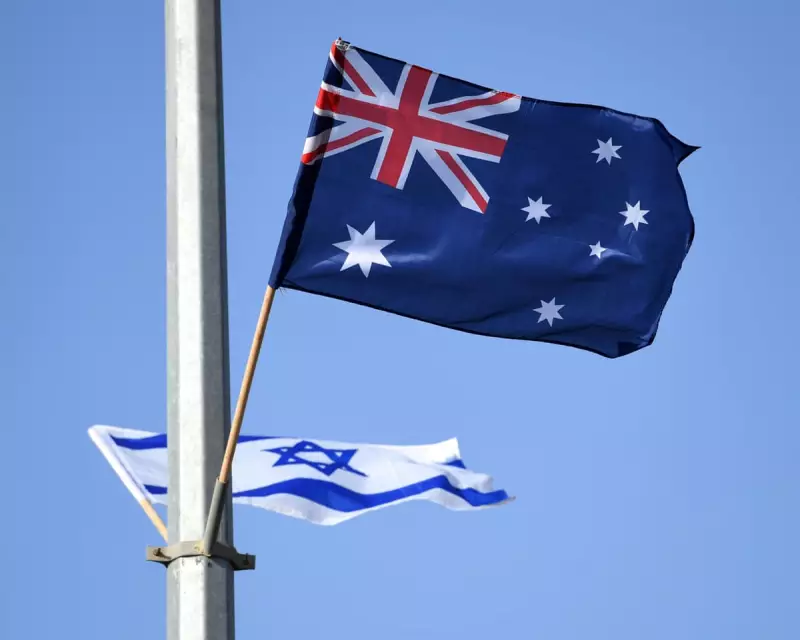
In a remarkable display of diplomatic dissent, Australia's peak Jewish body has taken the extraordinary step of publicly rebuking Prime Minister Anthony Albanese over his government's stance on Israel.
The Executive Council of Australian Jewry (ECAJ) has sent a blistering letter to Israeli Prime Minister Benjamin Netanyahu, openly criticising Mr Albanese for what they describe as "one-sided" and damaging commentary that has severely strained the crucial bilateral relationship.
A Relationship Under Strain
The four-page missive, obtained by Guardian Australia, delivers a stark assessment of deteriorating relations between the two nations. Jewish leaders accuse the Australian government of misrepresenting both International Court of Justice rulings and the complex realities on the ground in Gaza.
"The Australian government's statements have been one-sided, failing to acknowledge Israel's legitimate security concerns," the letter states, highlighting growing frustration within the Jewish community over Canberra's evolving position.
Political Fallout and Community Backlash
The correspondence reveals deep concerns that the Albanese government's rhetoric is undermining decades of strong Australia-Israel relations. Community leaders expressed alarm that Australia's stance appears increasingly out of step with other Western nations regarding the Middle East conflict.
The letter emerges amidst heightened political tensions, with the opposition accusing the government of abandoning Australia's traditional bipartisan support for Israel. This public airing of grievances from within the Jewish community itself marks a significant escalation in the ongoing diplomatic dispute.
Broader Implications for Australian Diplomacy
This unprecedented move by the ECAJ signals a profound breakdown in confidence between the Jewish community and the federal government. The decision to communicate directly with the Israeli prime minister rather than through diplomatic channels underscores the seriousness of their concerns.
The development raises questions about Australia's Middle East policy direction and its impact on both international relations and domestic community cohesion. As the situation continues to evolve, all eyes will be on how the Albanese government responds to this very public challenge from one of Australia's most established community organisations.





